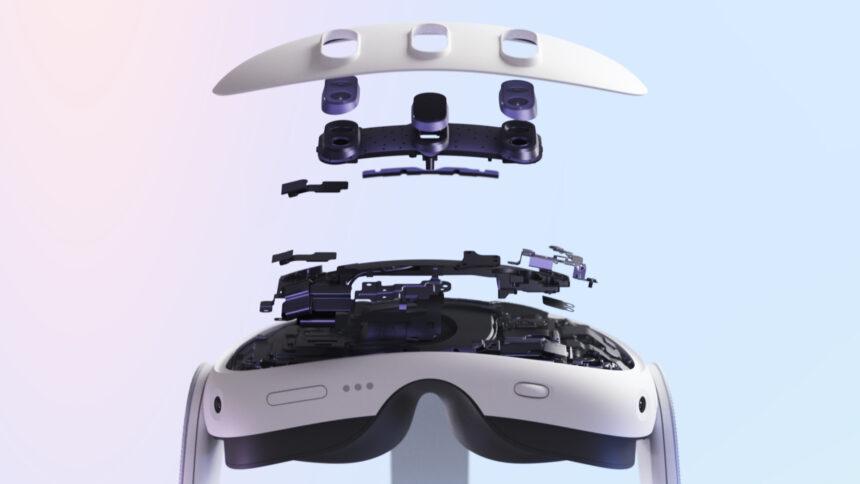Qualcomm plans to make Meta’s Llama 2 AI available on Snapdragon-based devices in 2024. Meta’s Quest 3 will feature a powerful, new Snapdragon chip.
Qualcomm recently announced a partnership with Meta to optimize Llama 2 to run on low-power chips such as Android phones, Windows laptops, and VR/AR headsets. That reduces the need for cloud computing and improves privacy while allowing an opportunity for greater personalization.
That means advanced generative AI could come to the Quest 3 and other Snapdragon-powered VR headsets in 2024.
What is Llama 2?
Llama 2 is the latest version of Meta’s open-source large language model (LLM). The model could be used to generate text, code, and images. The performance should be similar to that of the GPT-3.5 version of ChatGPT.
Meta launched the first version of Llama for researchers only, but after it leaked online, they opened it to everyone. The AI model will be available via multiple cloud platforms, and you can download Llama 2 for free to use in research and commercial projects.
You can learn more about Meta’s Llama 2 at our AI-focused website, The Decoder.
Quest 3 and AI
Meta already uses AI in its Quest headsets. AI allows the Quest 2 and Quest Pro to track your hands via the headset’s IR sensors. AI-powered voice recognition lets you speak to type and use voice commands to take screenshots, change to a roomscale boundary, or check your battery level.
The Quest 2 and Quest Pro have limited processing power compared to the potential of the next Meta headset. While Meta hasn’t announced which Qualcomm chip will be in the upcoming Quest 3, the GPU processing speed will be double that of the Quest 2. The Quest 3’s AI performance could be impressive as well.

AI is critically important to some of the Quest’s best features, but Meta can expand those capabilities greatly with the versatility an AI model like Llama could provide. Generative AI might allow freeform voice commands, intelligent assistants, and home environments created based on your prompts.
The possibilities are endless, particularly if this technology becomes available to VR game developers. Future games could use AI to generate interactive storylines, interesting characters, and scenes on the headset, expanding content and speeding up production dramatically.
AI is already being used to help develop VR games and make game characters more believable. The very best content always requires human feedback and careful design, but adding AI elements could enhance the process.
It’s too soon to know when or if Meta will add its new AI to the Quest platform, but Qualcomm’s announcement suggests that will be possible with this collaboration. If Meta includes Llama 2 in the Quest system software, it could greatly impact VR game development.
Source: Mixed News





